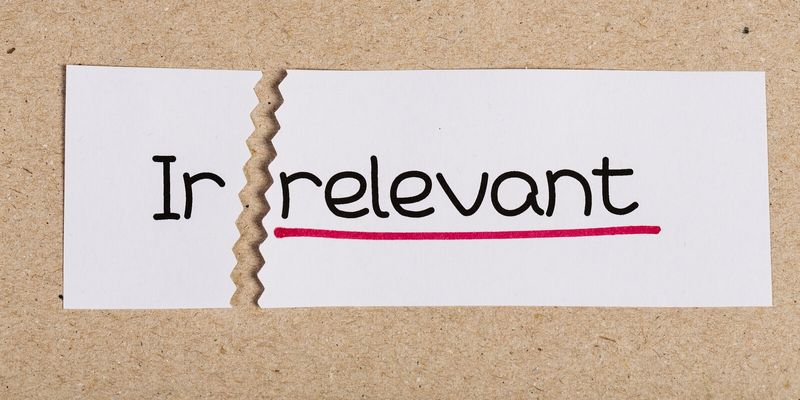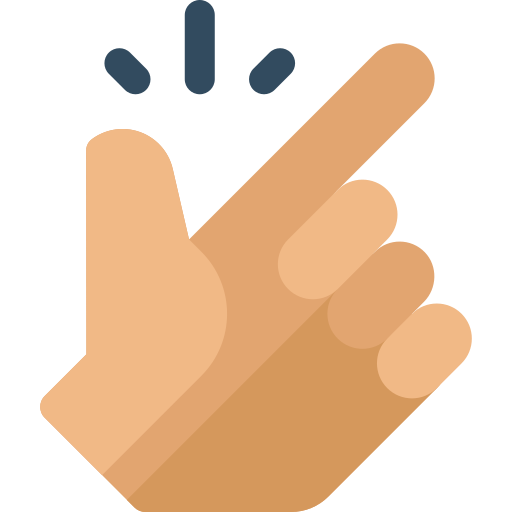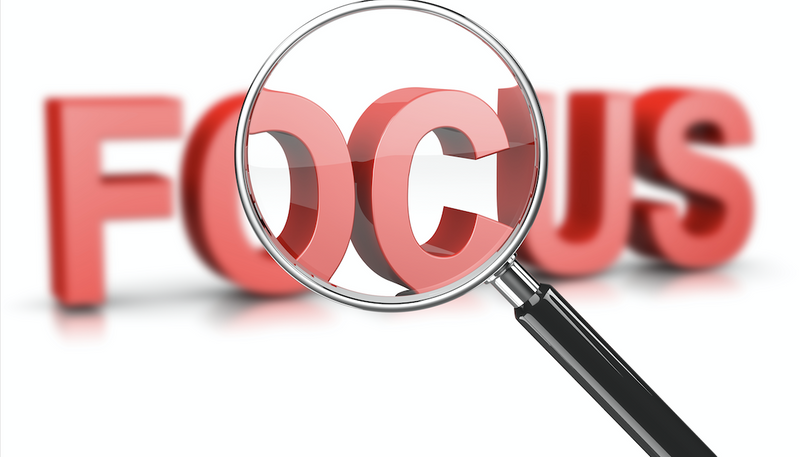There's tons of information online.
But if it's not related to what you're looking for, it's useless to you.

A source is relevant if it's connected to the topic you're researching.
Looking For Relevance
To determine if a source is relevant, ask yourself:
Is it useful to me?
Is it the right type of source?
Is the information too broad or too specific?
Usefulness

When deciding if the information you found is useful for your topic, consider:
Does the information help you answer the questions you have about the topic? Prove the point you want to make? Support the argument you're presenting?
Does the information add to what you already know, or make you question what you know?
Does the source add new information, or confirm information that can be found elsewhere?
Type Of Source
The right type of source will depend on your needs:
Do you need a book or a scholarly journal article?
Do you need primary or secondary sources of information?
 Photo by Firmbee.com on Unsplash
Photo by Firmbee.com on UnsplashQuiz
You need some sources to help you understand a recent news event. Which sources are the right types for your needs?
Too Broad / Too Specific
Is the information too broad or too specific?
Broad means general information about the topic.
Specific means the information is clearly identified and detailed.
You can never be sure of what you may find. You may find too much information and need to narrow your focus, or too little and need to broaden your focus. This is a normal part of the research process.
If you're doing a web search, change your search words to help adjust the focus of your research.

Take Action
 No single question is enough to determine if a source is relevant or not. It takes multiple factors and you should take them all into consideration.
No single question is enough to determine if a source is relevant or not. It takes multiple factors and you should take them all into consideration.
No matter what you're researching, it is important to look at multiple sources to get all of the information, perspectives, and sides of the story.
Check out more Bytes on the CRAAP test:
Your feedback matters to us.
This Byte helped me better understand the topic.
